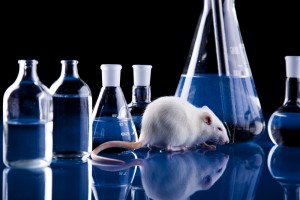 I have tended to call the chemical artificial sweeteners ‘Methadone for those coming off heroin’.
I have tended to call the chemical artificial sweeteners ‘Methadone for those coming off heroin’.
They help a lot of people when cutting down on sugar initially. I am not condoning them long term but there is a role for them. The good news is that they do help in that transition.
The problems are there and that includes issues on the brain, the appetite, the variably reported chemical effects and now this paper reflecting gut bacterial changes.
The simplest sweetener that is not fructose is related to glucose. There are a variety of types including dextrose, maltose, rice malt syrup and there are several more. They are safe and do tend to have a dual effect. The insulin response will tend to give some satiety but the sweetness hit does theoretically provoke a reward response which keeps appetite going. So your brain does not know which way to go – eat more or less.
The natural sweeteners such as stevia can have a similar reward response.
What appears to be new is the gut effects of the artificial chemical sweeteners. Nature reports the changes in the gut flora or microbiome of mice that are fed the common sweeteners aspartame, sucralose and saccharin.
These changed the blood glucose response to sugar intake. Changing the bacteria in the gut is likely to be playing a role in our ability to tolerate glucose and carbohydrate load.
There is so much to learn about the role of our gut flora in our overall metabolism. Not surprisingly, the more chemicals we add to the system, the more likely it is to affect the balance.
It all gets back to eating real food with no processing.